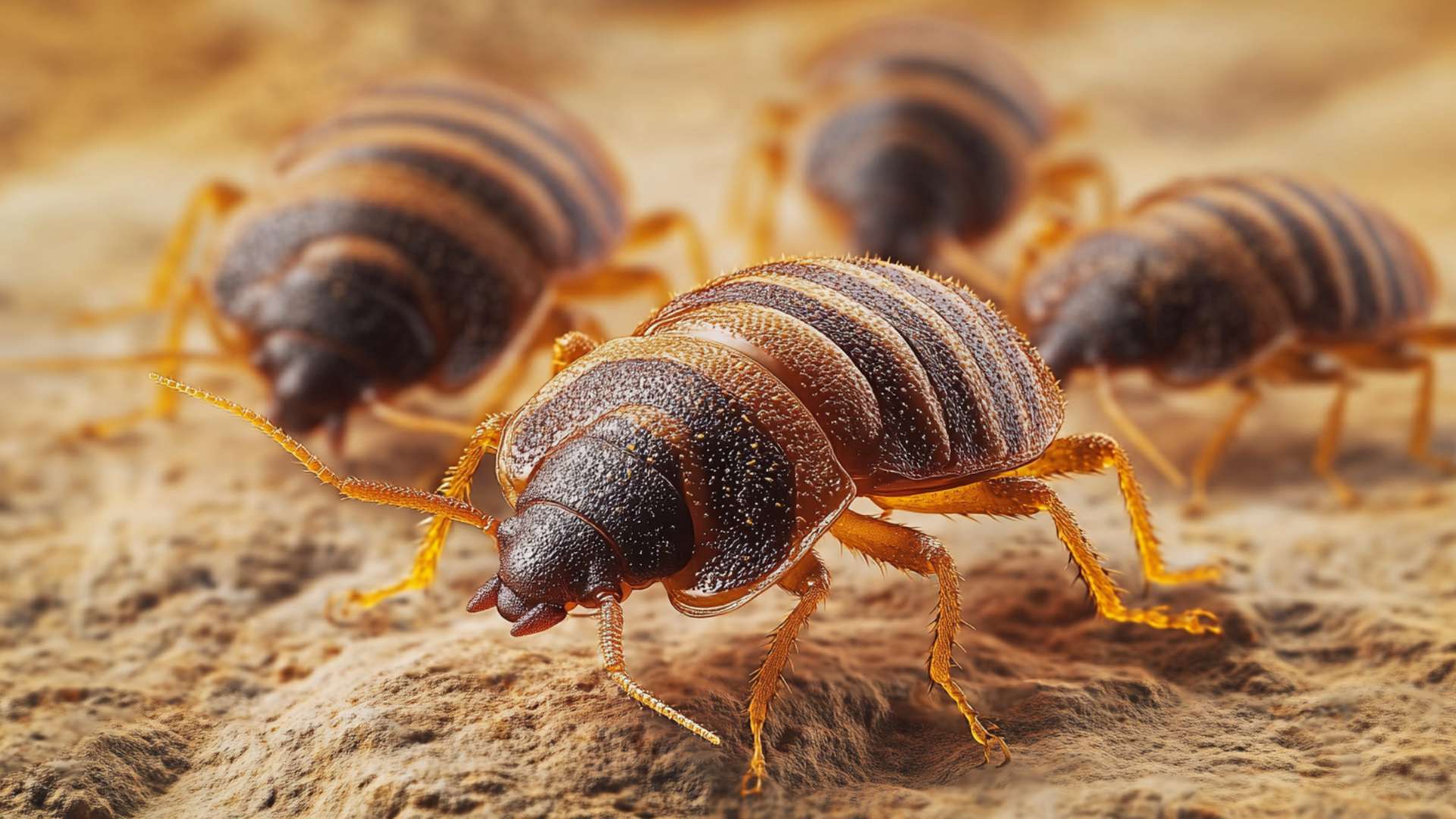A Break Down of the Different Types of Bug Control Solutions
In the realm of bug control, a wide variety of approaches exist to battle the presence and address of unwanted animals. From the conventional use of chemical pesticides to a lot more cutting-edge biological control services, each approach offers unique advantages and restrictions. As we navigate through the varied landscape of parasite control solutions, comprehending the ins and outs of each technique ends up being extremely important in figuring out one of the most efficient strategy. Keep tuned as we discover the nuanced world of parasite control approaches and find exactly how each type plays a special duty in securing our atmospheres.
Chemical Pesticides
Chemical chemicals are commonly used in bug control to properly get rid of a vast array of bugs and other pests. These pesticides work by targeting the nerves of the parasites, disrupting their typical functions, and ultimately causing their demise. The use of chemical pesticides has been a staple in the bug control industry for years as a result of their effectiveness and quick outcomes.

Nonetheless, it is vital to use chemical pesticides with care because of their possible unsafe effects on the atmosphere and non-target varieties. Improper application or overuse of these chemicals can result in contamination, harm to beneficial pests, and resistance development in bug populations. For that reason, it is critical to follow security guidelines and guidelines when using chemical pesticides for parasite control.
Biological Control Approaches
Taking into consideration the possible environmental influences and risks linked with chemical pesticides, biological control methods offer a more lasting approach to managing insect populaces. Biological control entails using natural enemies, such as killers, microorganisms, and parasites, to subdue parasite populaces. This method is frequently extra targeted, influencing only the specific pest species while decreasing harm to useful insects, human beings, and the environment.

When established, all-natural enemies can aid regulate click to read pest populations continuously without safe rodent control the requirement for duplicated applications of chemicals. In addition, biological control is commonly much more economical and can help decrease chemical resistance in pest populaces over time.

Mechanical Insect Control
Mechanical bug control involves the physical manipulation or removal of pests to manage their populations properly. One usual example of mechanical pest control is making use of traps to record rats or pests.
One more mechanical strategy is using obstacles such as fences, displays, or webs to block parasites from getting in specific locations. By physically stopping insects from accessing a location, the chance of infestations or damages can be significantly decreased. Furthermore, hand-operated methods like handpicking bugs off plants or structures can be effective for smaller-scale problems.
While mechanical insect control techniques can be labor-intensive, they provide a non-chemical option that can be environmentally pleasant and lasting. By targeting insects straight, mechanical control strategies can aid keep parasite populations in check without counting on pesticides.
Natural Solutions
Using natural treatments for insect control uses a lasting and environmentally friendly technique to managing insect populations without resorting to chemical interventions. All-natural solutions involve using materials derived from plants, minerals, or various other normally happening sources to prevent or eliminate insects.
Additionally, necessary oils such as tea tree oil or neem oil have insecticidal homes that can properly manage bugs while being secure for the setting. One more natural solution is introducing valuable insects like ladybugs or praying mantises to your yard to prey on harmful insects. By including these all-natural services into insect administration methods, people can reduce their dependence on synthetic chemicals and promote a much healthier, more balanced environment.
Integrated Bug Monitoring
Integrated Pest Administration (IPM) is an extensive technique that incorporates numerous approaches to efficiently manage pest populations while reducing risks to human health and the atmosphere. IPM includes look at these guys the assimilation of multiple bug control techniques such as biological control, environment control, alteration of social methods, and the usage of resistant crop ranges. By making use of a mix of these strategies, IPM intends to decrease reliance on chemical pesticides, which can have adverse effect on communities and human health.
One trick element of IPM is the emphasis on prevention. By applying steps to stop bug problems prior to they occur, such as preserving appropriate cleanliness and sealing access factors, the demand for reactive pest control actions is reduced. Surveillance and regular inspections play an important function in IPM, enabling for early discovery of insect problems and prompt intervention.
Final Thought
In final thought, the various kinds of parasite control solutions offer a variety of choices for effectively managing pest problems. Organic control methods make use of natural predators to manage parasites. Integrated Pest Management incorporates multiple techniques for a holistic method to pest control.
Chemical pesticides are typically used in insect control to properly remove a large variety of insects and other insects.Mechanical pest control involves the physical manipulation or elimination of pests to manage their populaces properly (Kings Bed bug exterminator Cincinnati).Making use of natural remedies for pest control offers a sustainable and environmentally friendly method to handling parasite populaces without resorting to chemical treatments.Integrated Insect Management (IPM) is a comprehensive approach that incorporates different methods to successfully manage pest populations while decreasing threats to human health and the environment.In conclusion, the different types of pest control remedies use a range of choices for effectively managing parasite infestations